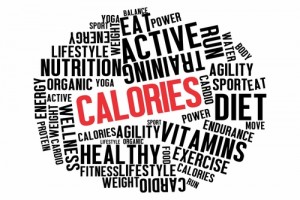Posted on May 13, 2016 by Jenny Cromack
Eating disorder – this topic has recently come to light again in the media, and more focus is being brought to men (who can, and do, suffer from eating disorders). But what is an eating disorder?
What Is An Eating Disorder?
Eating disorders (ED) are clinically diagnosed psychological conditions that result in disturbed or abnormal eating habits, and dysfunctional behaviours. There are a range of disorders but the more commonly heard ones are anorexia nervosa, bulimia, and binge eating disorder.
What Can Influence Them?
ED can be influenced by various life experiences or personality attributes:
- regular exposure to idealised, extreme media images
- history of ED, drug abuse, or depression
- criticism or victimization for body weight, shape, or eating habits
- job or sport pressures to conform to certain body types
- obsessive, perfectionist, or anxious personalities – and low self-esteem
- difficult relationships, history of abuse, or the loss of someone close to you
How To Spot Potential Eating Disorders.
Those suffering don’t always get the help they need. A few tell tale signs are as follows:
- regularly skipping meals
- frequent concern with appearance, body weight, shape – being fat or too thin when they appear “normal”
- discomfort eating in public or in sight, removing oneself to eat, refusal to eat out
- only eating very low calorie meals
- Excessive weighing, self-monitoring, and exercise
Disordered Eating!
One other thing to consider especially in the world of fitness and health is disordered eating (DE). This is a slightly different concept in that it is not a clinically diagnosed condition but can still have detrimental effects. This is very common in the exercising world as they will take on low calorie, or carb, meal plans. Some will eat excessive calories, or protein, to achieve their goals. A classic example is intermittent fasting or fasting diets. These do not represent healthy eating patterns. Therefore, the best way to keep yourself on track for goals, but also preserve your physical and mental health is to seek out a sustainable and balanced diet along with a well planed progressive exercise plan.
Other Conditions
ED and DE has been linked to other behaviours and conditions such as exercise dependence, muscle dysmorphia (distorted perception of insufficient muscle mass), drive for muscularity, and drive for thinness. These conditions are related to active behaviours therefore we need to closely monitor clients, friends, or those engulfed in fitness, health, and body focused environments and ensure they are educated on healthy eating patterns and the risks of eating disorders.


